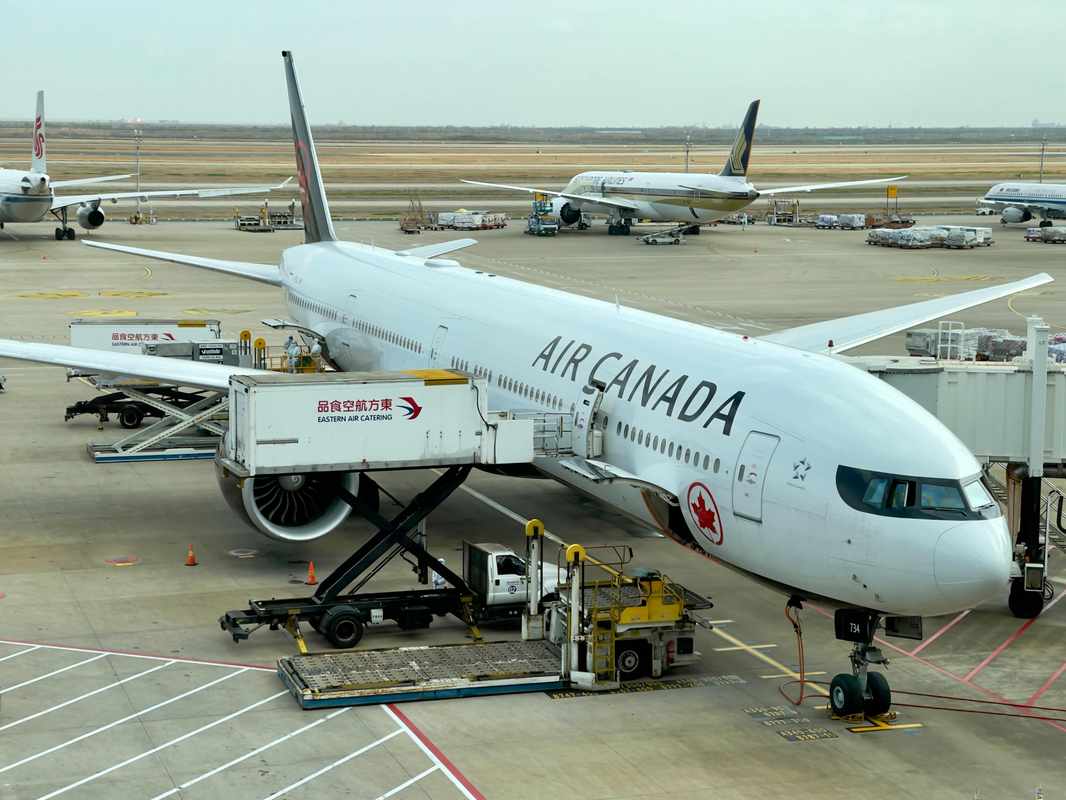Air Canada will resume flights this evening after the federal government ended a strike by sending contract talks with the Canadian Union of Public Employees (CUPE) to binding arbitration, and the Canadian Industrial Relations Board (CIRB) ordered flight attendants back to work by 14:00 EDT on August 17, 2025.
The move follows a turbulent 36 hours in which CUPE, which represents more than 10,000 flight attendants, began strike action at 01:00 EDT on August 16, prompting Air Canada to lock out its agents and suspend more than 700 flights during the peak of summer travel.

Government action and CIRB order
The Honourable Patty Hajdu, Federal Minister of Jobs and Families, invoked section 107 of the Canada Labour Code, directing the CIRB to impose final binding interest arbitration. Government officials framed the step as necessary to protect the public interest and restore essential air service.
Key points of the CIRB order:
- Flight attendants for Air Canada and Air Canada Rouge must return to duty by 14:00 EDT today.
- Operations will ramp up gradually over the coming days rather than returning to full schedule immediately.
- The expired collective agreement (which lapsed on March 31, 2025) was extended to cover the period from April 1, 2025 until a new agreement is finalized through arbitration.
Immediate operational impact
Air Canada expressed regret for the disruption and said it will restart flights this evening, but warned that full normalization will take several days given the extent of cancellations and the customer backlog.
- Flights operated by Jazz or PAL under the Air Canada Express brand continued to run normally through the strike, easing pressure on some regional routes.
- Many mainline and Rouge passengers were left seeking alternate travel options.
CUPE criticized the federal intervention, saying it undercuts bargaining power and ends job action before talks could produce a deal. The airline said its priority is restoring the schedule and helping customers. The government described the order as a measured response to keep Canadians and visitors moving during a busy travel period.
Important: Flight attendants were ordered back by 14:00 EDT on August 17, 2025 and the expired agreement remains in force until arbitration concludes.
What the CIRB order means for travelers
The return-to-work order means crews will begin to return to aircraft today, but passengers should expect gradual recovery rather than an immediate return to normal service.
Operational realities causing delays include:
- Re-positioning crew to the right locations
- Bringing aircraft back into rotation
- Rebuilding staffing plans and reassigning flights
Industry analysts expect short-term challenges but suggest Air Canada could recover its schedule within a week if no further labour disruptions occur.
Customer remedies and policies
Customers whose flights were cancelled are being notified and offered options. Air Canada has outlined the following measures:
- Refunds: Full refund for unused tickets purchased on or before August 15, 2025, for travel between August 16–17, 2025.
- Rebooking/Interline: Rebooking on another airline, subject to seat availability, or future travel credit if preferred.
- Free Changes: For tickets purchased, or Aeroplan points redeemed, by August 14, 2025, for travel between August 15–19, 2025, customers can change to alternate dates between August 21 and September 12, 2025, free of charge.
Practical traveler guidance:
- Do not go to the airport unless you have a confirmed booking (including rebooked itineraries on other carriers).
- Check booking status multiple times today and tomorrow as schedules adjust.
- Families, seniors, and passengers needing special assistance should allow extra time.
- Keep all emails and receipts related to disruptions for potential compensation claims.
For updates and FAQs visit aircanada.com/media and aircanada.com/action. Media questions: [email protected]. Air Canada Vacations customers should contact their vacation provider directly.
Regulatory compensation may apply to some travellers; timelines for review can vary. Air Canada says details are available on its website.
Labour and policy context
- The last collective agreement between Air Canada and CUPE expired on March 31, 2025.
- Talks continued for months but reached a stalemate, prompting the strike and rapid government intervention.
- By invoking section 107 and ordering binding arbitration, the Minister used a labour tool intended for cases where the broader public interest is at stake.
Legal and procedural follow-up:
- The CIRB extended the expired agreement’s terms until an arbitrator issues a final award.
- The Board will determine the arbitration process and timeline in the coming days and weeks.
- Both CUPE and Air Canada will present their positions; the arbitrator’s decision will be final and binding.
For the statute reference, readers can review the Canada Labour Code, including section 107, on the Government of Canada’s Justice Laws website: https://laws-lois.justice.gc.ca/eng/acts/L-2/.
Wider implications and analysis
According to analysis by VisaVerge.com, government-imposed binding arbitration is a rare but powerful tool used to resolve critical service disruptions while balancing worker rights and the public interest. Labour observers note the outcome could influence future airline-sector negotiations in Canada, particularly during peak travel seasons when shutdowns have large economic ripple effects.
Practical effects for passengers are immediate:
- Flights will restart, but recovery will be gradual.
- Expect crowded call centers, limited short-term seat options, and delays in baggage and connections during the network restart.
Recommended actions for passengers as operations stabilize:
- Watch for airline emails or app alerts with updated flight times or rebooking options.
- Use the free change window if you meet the purchase/redemption date criteria.
- If rebooked on another carrier, confirm all connecting flights before going to the airport.
- Keep receipts for extra costs incurred during the disruption for potential compensation.
CUPE has warned the government’s move reduces the union’s leverage late in talks. Air Canada is working to limit reputational damage by restoring service quickly. The government stresses its role was to maintain essential air service during heavy demand, given the sharp schedule cuts once the strike began.
What to watch next
Pending developments to monitor:
- CIRB’s announcement of the arbitration process and schedule
- Further statements from CUPE, Air Canada, and federal officials
- The pace of network recovery depending on crew availability, aircraft rotation, and how quickly rebooked passengers are absorbed back into the system
While the worst of the disruption may be past, effects will linger in the short term. For many travellers, the immediate priorities remain a confirmed seat and a reliable departure time—goals today’s order helps bring closer, even if full normalcy will take a few more days.
This Article in a Nutshell
Government invoked section 107 to impose binding arbitration after CUPE struck; flights resume August 17 evening. Over 700 cancellations disrupted summer travel; refunds, rebooking and free change windows apply. Air Canada warns recovery will be gradual as crews and aircraft are repositioned, while arbitration will determine a final, binding contract outcome.













